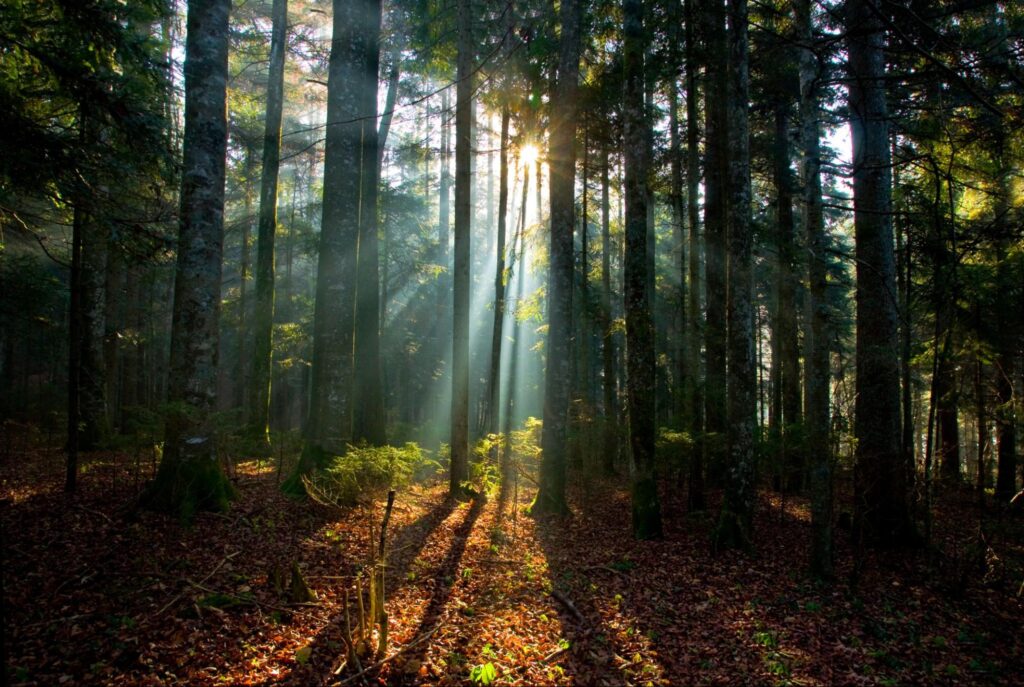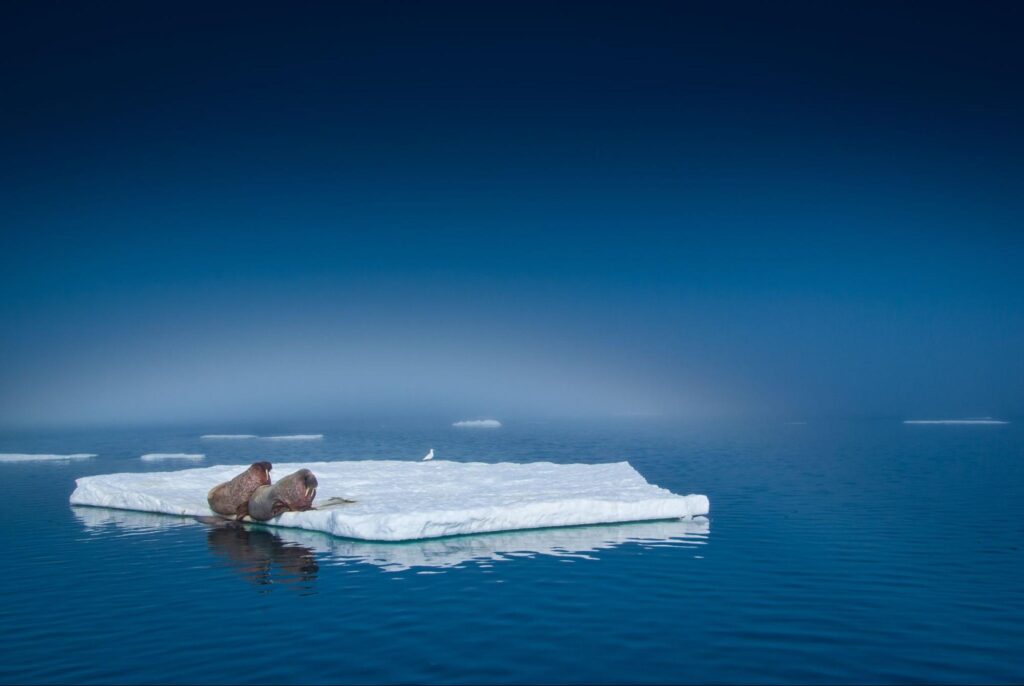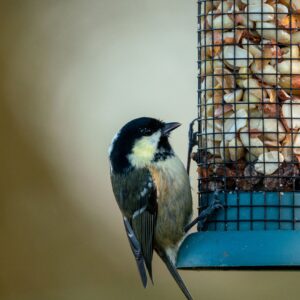Celebrating International Day for Biodiversity
Every spring, we celebrate International Day for Biodiversity to commemorate the adoption of the text of the Convention on Biological Diversity on May 22nd, 1992. It’s an opportunity to focus on the incredible diversity of species on earth and our interconnectedness with them.
Biodiversity, simply put, is biological richness. It is diversity at every level of life: ecosystems, species, and individual organisms. Biodiverse ecosystems can cope better with environmental shocks: a forest with many tree species, for example, can recover better from an insect infestation. Biodiversity is the wealth that keeps the planet resilient.

The theme for the International Day of Biodiversity 2025 is, “Harmony with nature and sustainable development.” This year’s campaign seeks to focus the world’s attention on the linkages between the Kunming-Montreal Global Biodiversity Framework (KMGBF) and the United Nations Sustainable Development Goals. These sustainable development goals include:
- Ensuring access for all to clean energy, clean water and sanitation
- Ending poverty and hunger
- Taking urgent action to combat climate change
- Conserving and sustainably using the oceans and terrestrial ecosystems
- Biodiversity is the living latticework that produces food, water, medicine, and economic growth. We cannot achieve sustainability goals without protecting this latticework. And, since nature knows no boundaries, the work has to be a global effort.

Derek Kyostia. Walrus drift in the placid waters of Foxe Basin, NU
What is Canada doing to protect biodiversity?
Biodiversity got a global vote of confidence at the UN Biodiversity Conference (the Conference of the Parties, or COP 15) in Montreal in December 2022. There, 196 nations signed the Kunming-Montreal Global Biodiversity Framework, which set out 23 targets for 2030 (and 5 global goals for 2050) to stop and reverse the loss of nature in 25 years. To achieve the goals of the Framework, Canada pledged to deliver a national biodiversity strategy and action plan, along with accountability legislation, to ensure that the government met the targets of the plan.
Over the next year and a half, the federal government worked to realize its commitments with input from citizens, Indigenous peoples, scientists and nature groups. In June 2024, it released the national 2030 Nature Strategy and Accountability Bill, which together constituted a road map for meeting the targets of the Framework. The Strategy includes the goal of protecting 30 percent of Canada’s lands and waters by 2030. The Nature Accountability Bill was not actually passed in parliament, and in the opinion of Nature Canada, it needs to be strengthened before that happens. Seeing a strong Accountability Bill passed remains a priority for us and our partners.
In the meantime, we pressed ahead at the next COP meeting, in Cali, Columbia in November 2024. Nature Canada participated both as a member of Canada’s state delegation and as a member of the community of citizen environmentalists who gathered in parallel events. Akaash Maharaj, Director of Policy at Nature Canada, pronounced the conference a victory for nature. The world made important progress at COP16, including:
- Creating a permanent mechanism to enable Indigenous peoples to speak for themselves within the treaty
- Integrating UN-level climate action and biodiversity efforts
- Increasing global scientific cooperation
- Mainstreaming biodiversity across critical sectors
- Establishing procedures to identify ecologically and biologically significant marine areas, which will be essential to protecting 30% of oceans by 2030
- We’ve come a long way since COP15 in Montreal, thanks to nature lovers like you, but we’re far from declaring victory. The Nature Accountability Bill, which has not yet entered into law , is meant to translate goals into enforceable actions. The Bill must be strengthened to include consequences for failure, and it must be passed by parliament as soon as possible.
Be a Voice for Nature. Demand Protection for Nature
The new Liberal government has made a lot of promises but it’s voices like yours that will hold them to account.



